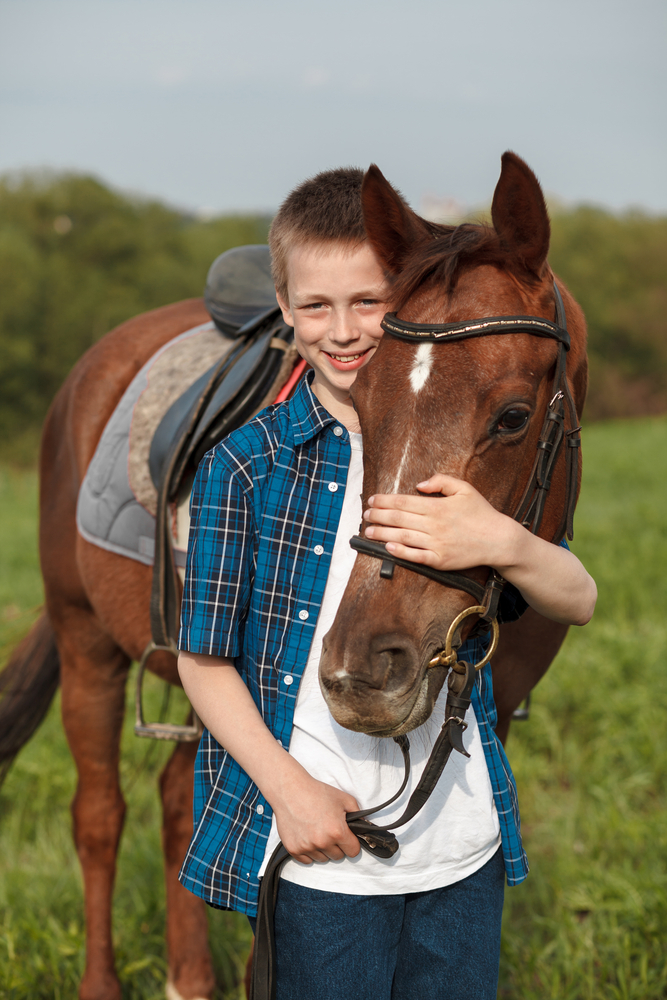Philosophers and practitioners alike have recognised that humankind has had a long and enduring relationship with all things natural. Jung had suggested that our over-civilised selves could do with some re-wilding! One route to this is to re-connect with our animal brethren, and for those who have suffered psychological trauma, a more specific approach is through animal-assisted therapy. While many animals provide comfort at a simple psychological and physiological level as ‘companions’, others elicit different responses and experiences.
Compare, for instance, being in the company of a whale or goldfish. In the company of a large animal, it is possible that a sense of awe triggers regression to development periods that reflect similar relational experiences during childhood, which enables a process of resolution and self-development. Moreover, people with severe trauma or those for whom talking is difficult, such as young children and people with autism, non-linguistic and embodied communication may be more important. Animals are able to ‘read’ these signals and respond and interact in a way that is perceived by many as safe and therapeutic.

In particular, the use of horses for aiding recovery from trauma, typically Equine Assisted Therapy, has been gaining some interest and practice recently. A forthcoming chapter in a book addressing various forms of outdoor therapy, Ecotherapy: Theory, Research and Practice edited by Martin Jordan and Joe Hinds, details the ideas, benefits and practice behind Equine Assisted Therapy.

The horse encourages people to act and behave in a way consistent with their actual thoughts and feelings (congruence), which may potentially be overlooked or under-developed within the counselling room. The horse responds with honesty and without a hidden agenda reacting to the internal world of the person, regardless of their efforts to conceal it.
Direct experiences with a large animal can produce a sense of perceived mutual understanding – there is a substitution of verbal cognitive communication for a basic or primal communication that is symbolic and directly dictates behaviour. The human response to a large animal will often be attuned to its physical presence and its movements and may, through the tactile, embodied and physical quality of the animal encounter, enhance important unexpressed emotions and build relational aspects of the self that have been thwarted or under-developed. Martin Clunes the actor experiences this directly in the video below:
In short, these experiences can prompt authentic moments, whereby the statement ‘actions speak louder than words’ has added significance.
 psychology
psychology Marcus Roberts
Marcus Roberts 1628
1628



This is why I love horses (one of the reasons!) joe it’s Charlie from Brighton, can u text me I’ve lost my number since new phone